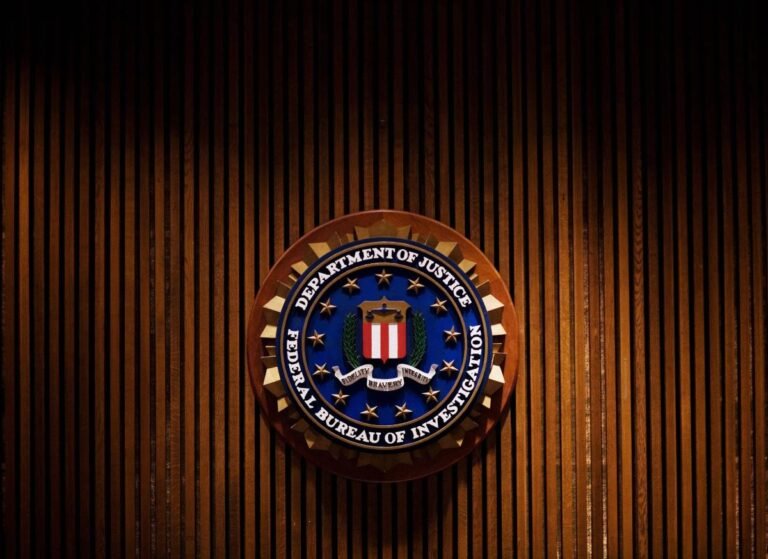
U.S. cybersecurity agency CISA has confirmed that Russian government-backed hackers stole emails from several U.S. federal agencies as a result of an ongoing cyberattack at Microsoft.
“Midnight Blizzard’s successful compromise of Microsoft corporate email accounts and the exfiltration of correspondence between agencies and Microsoft presents a grave and unacceptable risk to agencies,” said CISA.
CISA made details of the emergency directive public on Thursday after giving affected federal agencies a week to reset passwords and secure affected systems.
CISA did not name the affected federal agencies that had emails stolen, and a spokesperson for CISA did not immediately comment when reached by TechCrunch.
The emergency directive comes as Microsoft faces increasing scrutiny of its security practices after a spate of intrusions by hackers of adversarial nations.

Well, if you ask Garrett Hamilton, they should give Reach Security a whirl.
Instead of serving as just another layer in a company’s cybersecurity stack, Reach connects to a company’s existing IT and security products, collecting data on attacks and recommending ways to combat them using security tools that the company already owns.
They’re wrong.”Prior to Reach, Hamilton worked at Palo Alto Networks, where he was director of product management.
A survey from security posture management vendor Panaseer found that organizations manage on average between 64 to 76 security tools (as of 2022).
Reach also auto-tunes security tool configurations to try to prevent attacks, prioritizing actions based on how the attacks are being carried out.

As an extension round, the valuation is also remaining flat, at $2.6 billion.
(Prior to that, the company raised a $100 million round in 2021 at a $1.2 billion valuation.)
“I didn’t feel the need to increase the valuation from the last round,” CEO and founder Dean Sysman, answered when asked about the decision.
Axonius is one of a group of specialist firms building platforms to help manage this.
“We’ve been a longstanding partner of Axonius, and we like to double down into our best performing companies.

AI aides nation-state hackers but also helps US spies to find them, says NSA cyber directorNation state-backed hackers and criminals are using generative AI in their cyberattacks, but U.S. intelligence is also using artificial intelligence technologies to find malicious activity, according to a senior U.S. National Security Agency official.
“We already see criminal and nation state elements utilizing AI.
“We’re seeing intelligence operators [and] criminals on those platforms,” said Joyce.
“On the flip side, though, AI, machine learning [and] deep learning is absolutely making us better at finding malicious activity,” he said.
“Machine learning, AI, and big data helps us surface those activities [and] brings them to the fore because those accounts don’t behave like the normal business operators on their critical infrastructure, so that gives us an advantage,” Joyce said.

SimSpace, a startup that creates digital replicas of organizations’ tech and networking stacks for cybersecurity training, has raised $45 million in a funding round led by L2 Point Management.
And it’s expanding its private-sector customer roster, having shored up contracts with the U.S. Cyber Command, FBI and national cyber defense teams in unnamed U.S.-allied countries.
We’ve had to make hard decisions and to tough it out.”SimSpace’s origins lie in U.S. Cyber Command, where Hutchison designed and led a joint tactical cyber training exercise, Cyber Flag, drawing on the expertise of tech staffer Lee Rossey at MIT’s Lincoln Lab.
At the time, Rossey was working on creating cyber “training ranges” to simulate the IT production environments of companies and critical infrastructure.
“With SimSpace, because training occurs outside of a company’s network, it’s possible to ‘throw the kitchen sink’ at cyber teams without breaking something in an actual production environment and disrupting vital operations,” Hutchison said.

Experts say that the FBI’s confirmation of its own malicious cyber activity is a sign that network security has become increasingly important. In light of such incidents, it’s crucial for…

Hypernative, a startup working to make blockchain security more user-friendly and easier to use, has raised $9 million in seed funding. The company was founded by Gal Sagie and Finian…










